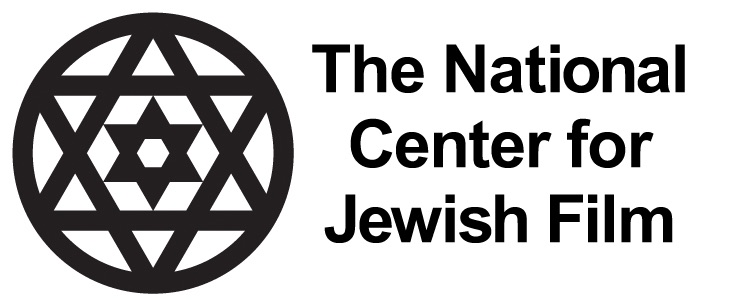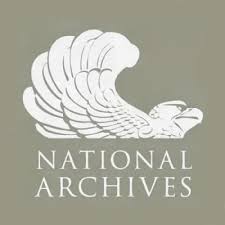United States Holocaust Memorial Museum, Austrian Film Museum, and Ludwig Boltzmann Institute for History and Society (transformed into Ludwig Boltzmann Institute for Digital History in 2019) collaborated in this project to digitize and annotate unique ephemeral films from the Nazi period in Austria.
-

United States Holocaust Memorial Museum
A living memorial to the Holocaust, the United States Holocaust Memorial Museum (USHMM) inspires citizens and leaders worldwide to confront hatred, prevent genocide, and promote human dignity. The Museum is America’s national institution for the documentation, study, and interpretation of Holocaust history. It serves as the country’s memorial to the millions of people murdered during the Holocaust. The Museum was established in 1980 by a unanimous Act of Congress and opened to the public in 1993.
The Museum’s Steven Spielberg Film and Video Archive is one of the world’s most comprehensive resources for audiovisual records pertaining to the Holocaust and World War II and contains more than 1,045 hours of archival footage. An invaluable repository of evidence for scholars and the general public alike, the Archive acquires and preserves film footage from sources throughout the United States and abroad and ensures accurate documentation of its holdings. To learn more and watch films from the collection, visit www.ushmm.org/online/film.

-

Austrian Film Museum
The Austrian Film Museum (OFM) is a cinema but also a museum, with exhibitions that take place on the screen. The films are not surrounded by explanatory artifacts but instead function as intrinsically important documents that connect history with the present. The collecting mission of OFM has long focused on independent, avant-garde, non-mainstream films (many of them ephemeral), and the collection includes objects from the film world such as publicity photographs, filmmaking technology, film posters, and textual documents related to film. Founded in 1964 by Peter Konlechner and the avant-garde filmmaker Peter Kubelka, OFM has its theaters, library and offices at the Vienna Albertina, and its archives in the Vienna Heiligenstadt. OFM has raised awareness among the public about the unique properties of analog film formats and encourages healthy skepticism toward analog and digital facsimiles. With Ephemeral Films Project: National Socialism in Austria, OFM addresses the challenge of transferring analog films to a user-friendly digital format while retaining critical historical and technical information.

-

Ludwig Boltzmann Institute for History and Society (in 2019 transformed into Ludwig Boltzmann Institute for Digital History)
The Ludwig Boltzmann Institute for History and Society (LBIGG) was transformed into the Ludwig Boltzmann Institute for Digital History (LBIDH) in 2019. For many years, the institute has conducted pioneering work in the scholarly and educational exploration of ephemeral films. The institute’s longstanding focus on visual history, urban history and Holocaust studies have resulted in thematically linked projects like Film: City: Vienna, Sponsored Films, Archeology of Amateur Film, media wien Film Archive, I-Media-Cities, Doing Amateur Film, and Visual History of the Holocaust. Established in 1977 at the University of Salzburg and transferred to the Institute of Contemporary History (Institut für Zeitgeschichte) at the University of Vienna in 1979, the institute has been located at the Hofburg—the former imperial palace in Vienna—as a non-university research institute since 2010.

-

National Center for Jewish Film
-

National Archives and Records Administration







